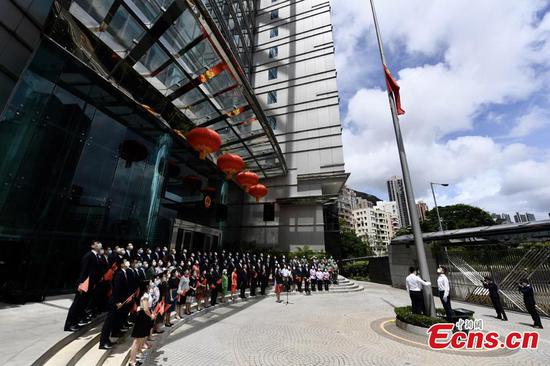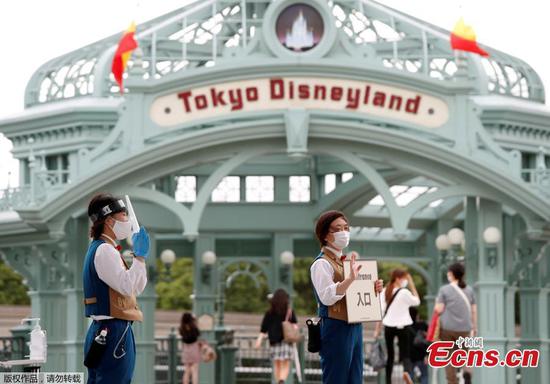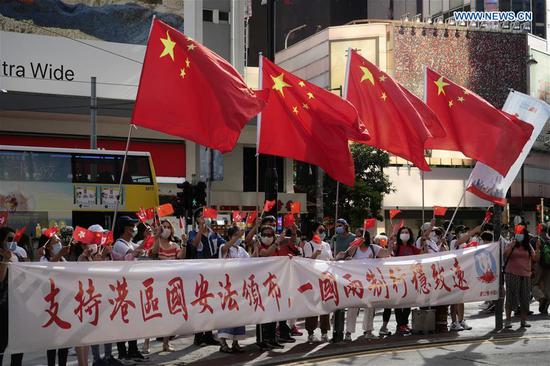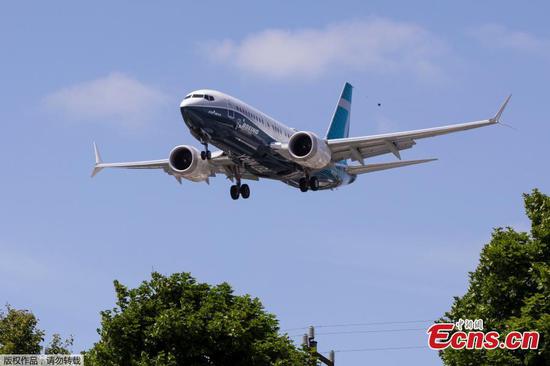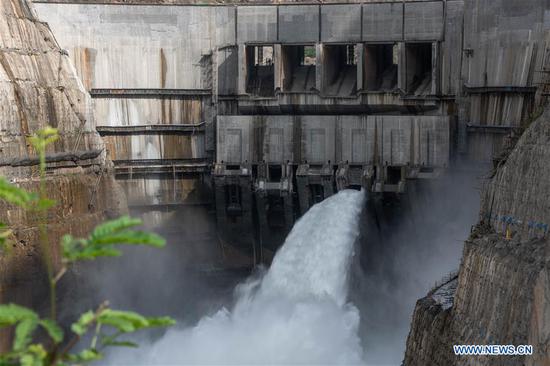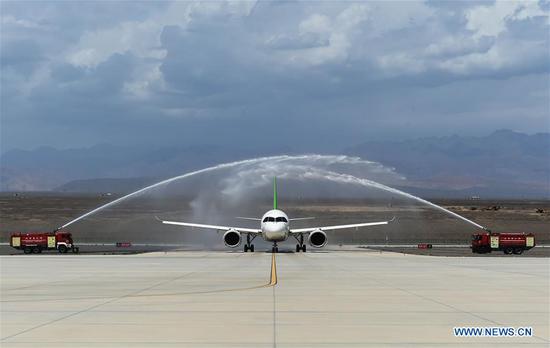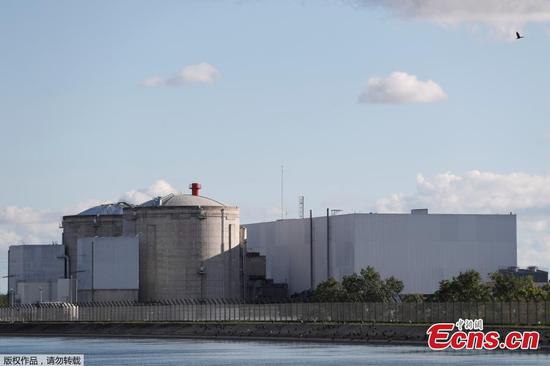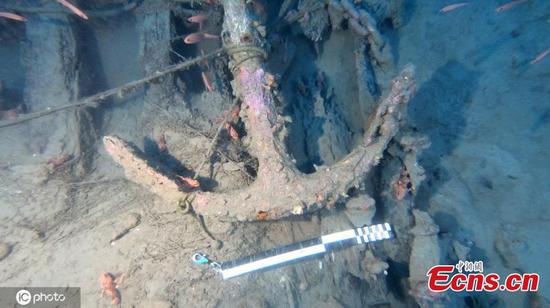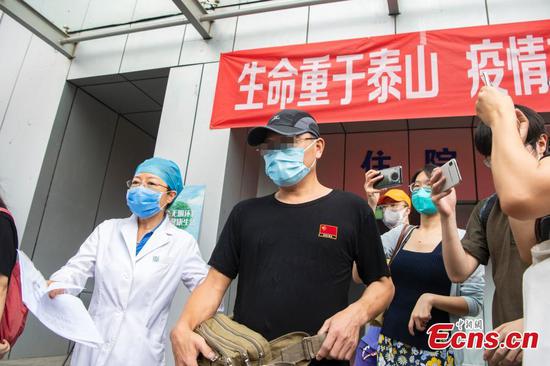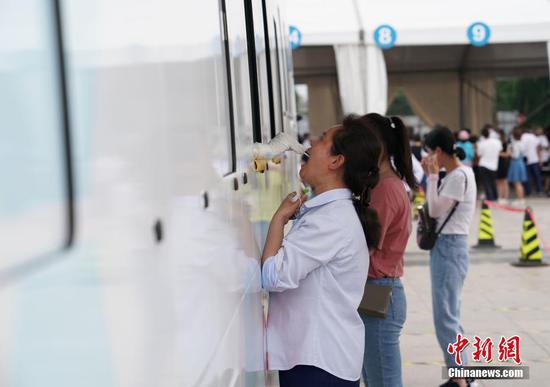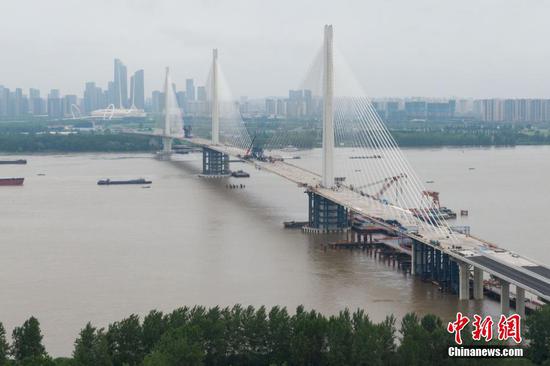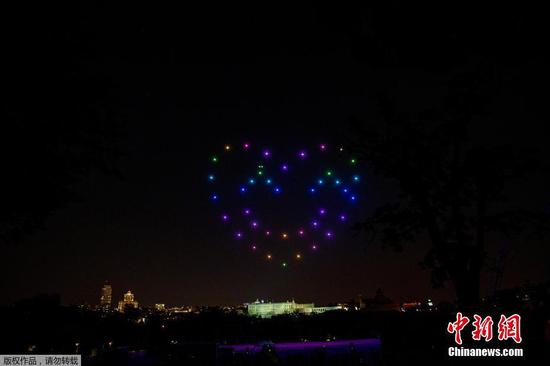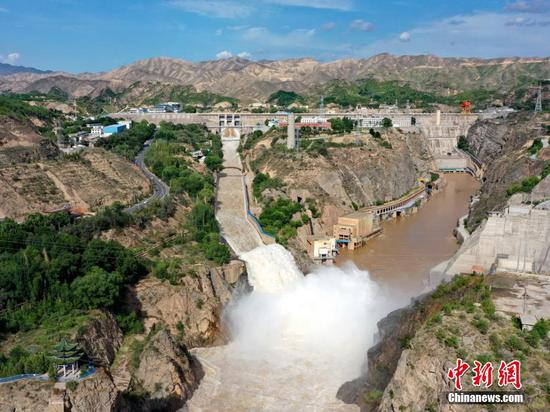China's law on safeguarding national security in the Hong Kong Special Administrative Region (HKSAR) targets only a narrow category of crimes endangering national security, instead of the entire opposition camp in the HKSAR, an official said on Wednesday.
Hong Kong is a plural society with diverse political views, said Zhang Xiaoming, deputy head of the Hong Kong and Macao Affairs Office of the State Council, at a press conference.
Zhang noted that the implementation of the "one country, two systems" in Hong Kong has already spoken volumes about the political tolerance of the central authorities.
Different political views, including those not in the government's favor, can still exist, Zhang said.
But there are red lines and basic principles that cannot be breached in the "one country, two systems," Zhang stressed, noting that the opposition in Hong Kong should reflect on themselves and make appropriate adjustments in this regard.
Article 6 of the national security law makes stipulations concerning the oath-taking and allegiance swearing for people assuming public offices in the HKSAR, which took reference from Article 104 of the HKSAR Basic Law, Zhang said.
Undoubtedly, the provision "swearing allegiance to the Hong Kong Special Administrative Region of the People's Republic of China" includes swearing allegiance to the country, which is determined by the legal status of the HKSAR, Zhang added.
Hong Kong is an inalienable part of the People's Republic of China and a local special administrative region with a high degree of autonomy, thus the allegiance swearing to the HKSAR and the country should not be treated separately, Zhang stressed.









